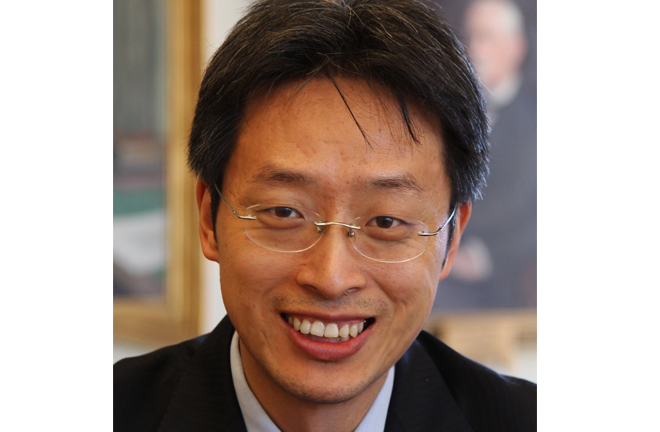LIU HUAWEN: China can protect human rights through South-South cooperation
 There are unprecedented opportunities for human rights protection in today’s society. At the same time, challenges and opportunities coexist in individual countries and the world in terms of human rights protection, particularly in developing countries, which now still face prominent difficulties and obstacles in the field.
There are unprecedented opportunities for human rights protection in today’s society. At the same time, challenges and opportunities coexist in individual countries and the world in terms of human rights protection, particularly in developing countries, which now still face prominent difficulties and obstacles in the field.
Jointly sponsored by the Information Office of the State Council of China and the Ministry of Foreign Affairs of China, the first South-South Human Rights Forum was convened in Beijing from Dec. 7 to Dec. 8. More than 300 representatives from more than 70 countries and international organizations attended the forum, and Chinese President Xi Jinping sent a congratulatory message to the opening session. His message expresses the Chinese call for a model of global human rights governance that is people centered, recognizes the universality and particularity of human rights, emphasizes the importance of cooperation for development, promotes human rights through development, and builds a community with a shared future for mankind.
The international community often stresses that the development of human rights is irreversible, but in what way should the sustainable development and advancement of human rights be accomplished? How can the destiny and wellbeing of countries around the world and their people be guaranteed? These questions are inquiries made to the international community and the era, and now is the right moment for China and other developing countries to give their responses.
There is a Chinese proverb that goes: Give a man a fish and he will eat for a day, but teach a man to fish and he will eat for a lifetime. The improvement of a country’s own ability and effective international cooperation can truly foster the advance of human rights for the country. Under the political and economic orders of the past, the Western capitalist powers were the winners in the international stage. In the mid-1980s, the total economic volume of G7 countries at one time accounted for 80 percent of the world economy. As the international landscape and power keep changing in recent years, developing countries accounted for as much as 60 percent of the world economy owing to their unremitting efforts particularly with the rise of China and other emerging economies.
The 19th CPC National Congress emphasizes the two “buildings”—the building of a new type of international relations and the building of a community of a shared future for mankind, which conforms to the prevailing trend and points to the right direction for China and the international community. As the world’s largest developing country, China actively facilitates South-South cooperation through many international venues, like the UN, G20 Summit, and Belt and Road Forum for International Cooperation. Themed “Building a Community of a Shared Future for Mankind: New Opportunity for South-South Human Rights Development,” this forum imparted new vitality to and opened a new chapter for South-South cooperation.
The cause of global human rights is inseparable from the joint efforts of the vast numbers of developing countries, which account for more than 80 percent of the world’s population. China develops human rights by law based on its national conditions in a comprehensive and progressive way and it takes the right to self-sufficiency and the right to development as the primary basic human rights. The breakthroughs and historical achievements the country has made in human rights while contributing to the cause of global human rights, offers salutary experiences and lessons that other developing countries can learn from. China actively implements the UN 2030 Agenda for Sustainable Development and promotes international communication and cooperation on human rights on an equal and mutually respectful basis.
To realize the comprehensive development of human rights through development, self-help and mutual aid is crucial for developing countries. Countries developing and making progress in lockstep with each other—this is the blueprint for building a community of a shared future for mankind.
This article is translated from People’s Daily Overseas Edition. Liu Huawen is a research fellow and the assistant of the director of the Institute of International Law at the Chinese Academy of Social Sciences as well as the executive director of the Center for Human Rights Studies at the academy.
